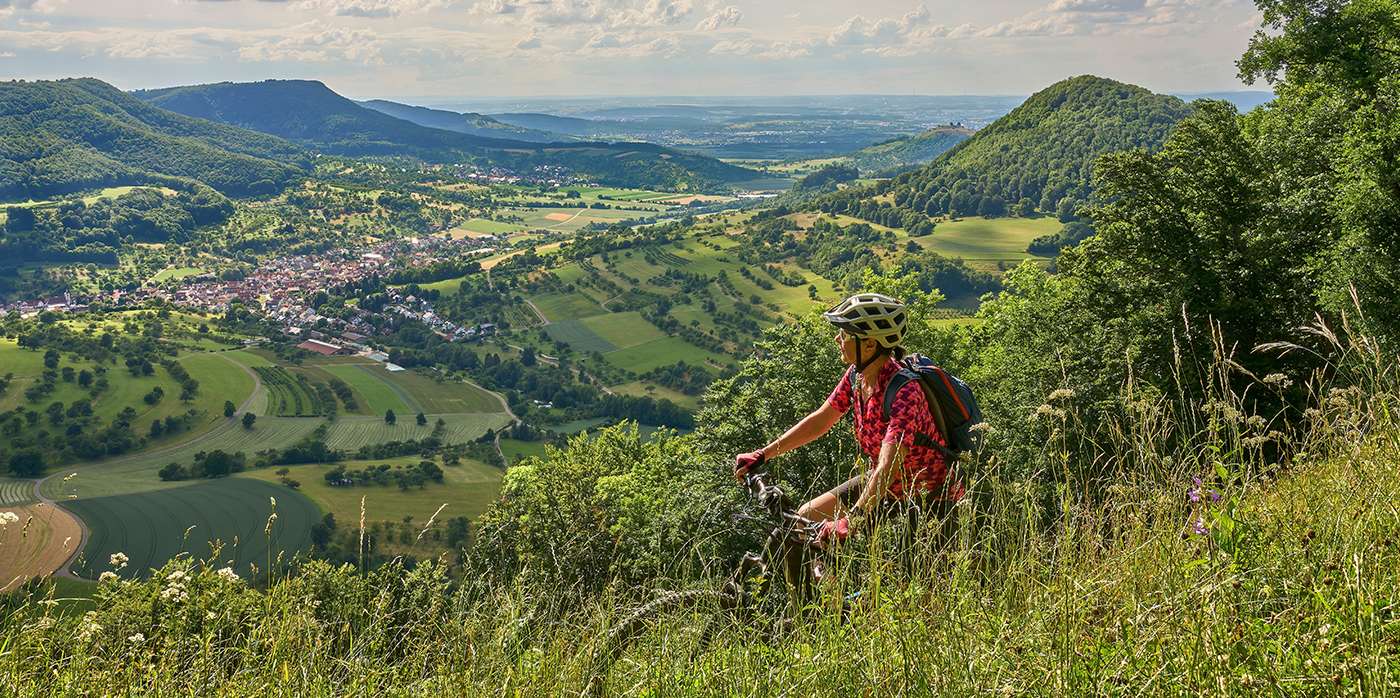New BMEL Initiative Supports Model Projects Showcasing Solutions for Social Village Development
Grants of up to €200,000 are offered to model projects that bring together actors from research and practice to develop and test approaches to strengthen rural communities in Germany.
Within the framework of the German government’s Rural Development and Regional Value Creation Framework Programme (Bundesprogramm Ländliche Entwicklung und Regionale Wertschöpfung – BULE+), Bundesministerium für Ernährung und Landwirtschaft (BMEL – German Federal Ministry for Food and Agriculture) has now launched the new initiative ‘Social Village Development – Strong Communities for Future-Proof Rural Areas’ (Soziale Dorfentwicklung – Starke Gemeinschaften für zukunftsfähige ländliche Räume). The initiative is designed to support model implementation and demonstrator projects that showcase solutions to strengthen rural village communities. The thematic focus is particularly on the following topics:
- Creation and access to social spaces and meeting places.
- Support structures for elderly people.
- Diversity, social cohesion and inclusion.
- More self-responsibility for active, social village development.
Funding is provided for the implementation of innovative, exemplary projects that showcase approaches to strengthening rural communities and sociospatial processes. The funded projects must include strategies to ensure measures have long-term and sustainable effects on communities.
Eligible for funding are legal entities in Germany, including registered associations, foundations, social enterprises, municipalities, towns and local counties. BMEL will support projects by individual organisations as well as projects that bring together multiple partners in a consortium. Research institutions may participate in a consortium with practice partners.
The focus of the funding projects must be communities with up to 35,000 inhabitants. Proposals by economically disadvantaged municipalities are particularly encouraged.
Funding is provided in the form of a non-refundable subsidy on the basis of project-related eligible costs. The maximum funding amount is €200,000 over a period of up to 30 months. Funding levels may vary, yet projects cannot receive funding above 90% of project-related eligible costs. A personal contribution of at least 10% is required. This may also be covered by third-party funding.
The scheme comprises a two-stage application process. Initially, applicants submit a short project outline. This is then followed by a full, formal funding application in the case of a positive review.
The deadline for the submission of project outlines is 20 November 2023.
(This report was the subject of a RESEARCHconnect Newsflash.)

